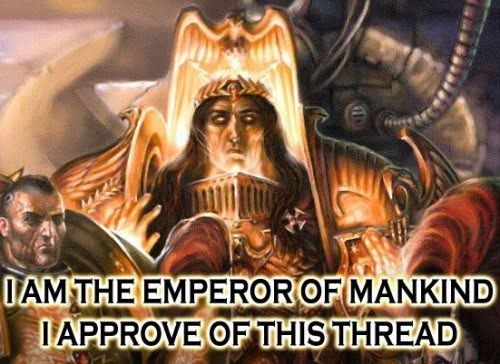- 29 Jan 2014 16:51
#14358719
There appears to be conflicting opinions as to whether or not the Traditionalist philosopher Julius Evola was a fascist or not. We know that he was never a member of the Italian fascist party and he criticised a lot of its philosophical doctrines.
At the same time he did not dismiss fascism completely. In fact he praised what he considered to be the positive elements of it and felt that fascism did initially have potential to be something good, simply it did not happen. Furthermore he tried to work within fascism to try and steer it in a Traditionalist direction. Evola is quoted as saying that the extent to which he considered himself a fascist was the extent to which fascism upheld certain Traditionalist principles. Moreover he said that he wanted a more extreme and complete form of fascism.
Therefore where can we place Evola ideologically? Was he a fascist or not? Or maybe it is not so black and white? Maybe he represented an alternate Traditionalist form of fascism, a different ideological trend within the wider umbrella of fascism? Or was he completely outside fascism and was simply trying to infiltrate it from the inside by involving himself with it? Perhaps he was separate from official Fascism but not from fascism in general?
Does Evola's thought fall within fascism or is it outside it?
For me it is tempting to say that he was a Traditionalist and not a fascist but that he simply agreed with what he saw as the parts of fascism that were in line with his Traditionalist philosophy. At the same time how can we be certain that he was not a fascist and a Traditionalist at the same time (in other words not simply a Traditionalist operating within fascism)? Could it not be possible that he was a true believer in fascism but rather in his own brand of fascism (as opposed to the brand of Mussolini)?
At the same time he did not dismiss fascism completely. In fact he praised what he considered to be the positive elements of it and felt that fascism did initially have potential to be something good, simply it did not happen. Furthermore he tried to work within fascism to try and steer it in a Traditionalist direction. Evola is quoted as saying that the extent to which he considered himself a fascist was the extent to which fascism upheld certain Traditionalist principles. Moreover he said that he wanted a more extreme and complete form of fascism.
Therefore where can we place Evola ideologically? Was he a fascist or not? Or maybe it is not so black and white? Maybe he represented an alternate Traditionalist form of fascism, a different ideological trend within the wider umbrella of fascism? Or was he completely outside fascism and was simply trying to infiltrate it from the inside by involving himself with it? Perhaps he was separate from official Fascism but not from fascism in general?
Does Evola's thought fall within fascism or is it outside it?
For me it is tempting to say that he was a Traditionalist and not a fascist but that he simply agreed with what he saw as the parts of fascism that were in line with his Traditionalist philosophy. At the same time how can we be certain that he was not a fascist and a Traditionalist at the same time (in other words not simply a Traditionalist operating within fascism)? Could it not be possible that he was a true believer in fascism but rather in his own brand of fascism (as opposed to the brand of Mussolini)?






















 - By annatar1914
- By annatar1914